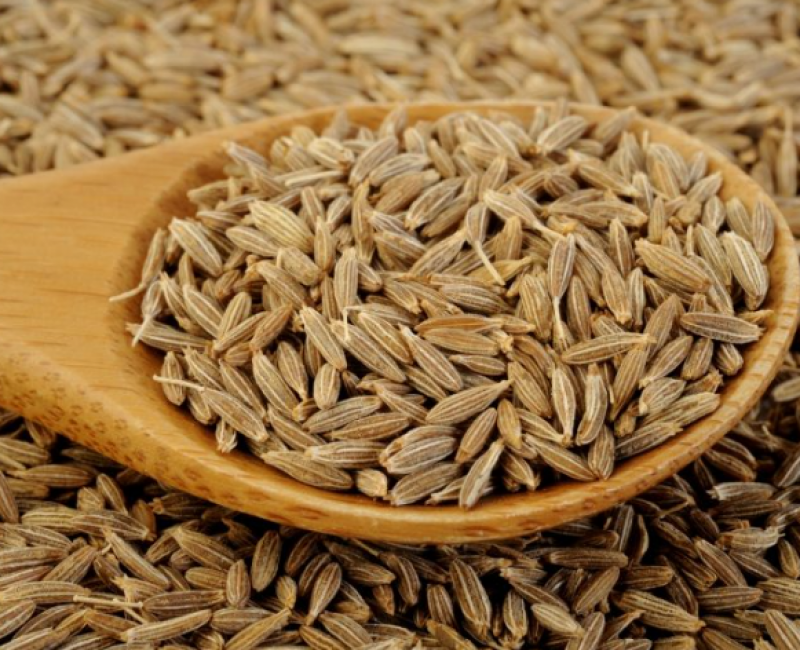Cumin is a spice that comes from the Cuminum cyminum plant. It is native to Asia, Africa, and Europe. However, people all around the world use it to flavor meals.
People usually buy cumin in the form of whole dried seeds or as ground powder. It is a typical ingredient in many spice blends, such as curry powder. Cumin is a staple spice in many food cultures, particularly Mexican, Indian, African, and Asian cuisine.
Aside from this, cumin has also played a medicinal role in many parts of the world, including Southeast Asia and Iran, for some years.
People’s interest in cumin has recently been growing, as newer research is starting to support some of its alleged health benefits.
In this article, we explain the potential health benefits and risks of cumin, as well as how to add this popular spice to the diet.
Benefits
Research seems to support the following benefits of cumin:
1. Weight loss
Cumin may be helpful for people trying to their manage body weight. A 2015 study involving adults with overweight compared the weight loss effects of cumin with those of a weight loss medication and a placebo.
After 8 weeks, the researchers found that both the cumin and the weight loss medication groups lost significant amounts of weight. People in the cumin group also experienced a decrease in insulin levels.
Another study from 2014Trusted Source found that women with overweight and obesity who consumed 3 grams (g) of cumin powder in yogurt every day for 3 months had significant decreases in body weight, waist size, and body fat.
2. Cholesterol
The aforementioned studyTrusted Source involving women with overweight and obesity also found that consuming 3 g of cumin powder per day resulted in lower levels of total cholesterol, lower low-density lipoprotein, or “bad,” cholesterol, and triglycerides.
Those who consumed the cumin powder also had higher levels of high-density lipoprotein, or “good,” cholesterol.
3. Diabetes
A 2017 studyTrusted Source in adults with type 2 diabetes looked at the effects of cumin essential oil on blood sugar levels. Study participants received either 100 milligrams (mg) of cumin oil per day, 50 mg of cumin oil per day, or a placebo.
After 8 weeks, both cumin oil groups had significantly reduced blood sugar, insulin, and hemoglobin A1c levels. These are all markers of good diabetes management.
The cumin oil groups also saw improvements in signs of insulin resistance and inflammation.
However, other human studies using black cumin seeds have shown mixed results, according to a 2017 review of studiesTrusted Source. More research is necessary to confirm the benefits of cumin essential oil for those with diabetes.
4. Irritable bowel syndrome
A small pilot studyTrusted Source from 2013 looked at the effects of consuming cumin essential oil drops on the symptoms of irritable bowel syndrome (IBS).
After 4 weeks, study participants noted improvements in many symptoms, such as stomach pain and bloating.
At the end of the study, those with IBS who had mainly experienced constipation had more frequent bowel movements. Those who had mainly experienced diarrhea as a symptom had fewer bowel movements.
5. Stress
Cumin may play a role in helping the body handle stress. A study in rats looked at the effects of cumin extract on signs of stress.
When the animals received cumin extract before a stressful activity, their bodies had a significantly lower stress response than when they did not receive the extract.
Cumin may help fight the effects of stress by working as an antioxidant. The same researchers found that cumin was a more effective antioxidant than vitamin C in the rats they studied.
6. Memory loss
The same study in rats also looked at the impact of cumin extract on memory. The study found that the animals who received cumin extract had a better and faster recall.


































































































